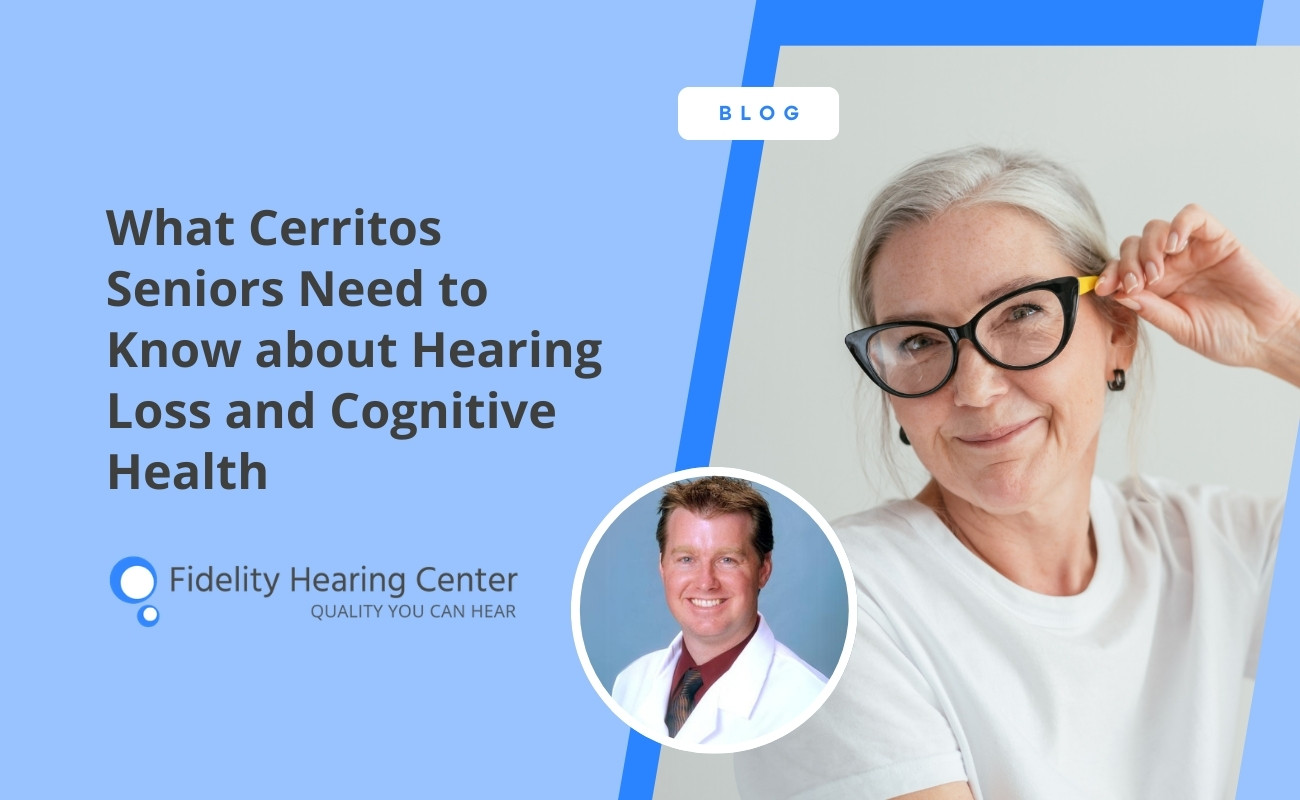When most people consider hearing loss, it is the logistical hiccups that appear to bring the most change to a person’s life. Instead of hearing easily in a very verbal world, a person with hearing loss must adapt. That means developing strategies for daily interactions, at work, home or out in the general world.
What might surprise most people is the emotional toll that hearing loss can bring with it. All of those daily interactions that become more challenging with hearing loss are opportunities for human connection, simply something we are wired for. Without them, we can quickly experience feelings of isolation, depression and unworthiness.
The prevalence of hearing loss
Hearing loss effects a huge portion of the population. One in three people over the age of 65 has hearing loss, and almost 50% of folks over 75 report hearing loss. With such a large number of people experiencing hearing loss, you’d think the stigma attached would have worn off a bit more by now. Unfortunately, hearing loss continues to be untreated far too long because people are loathe to admit that it’s a problem they must deal with. Only about 25% of people with hearing loss intervene with hearing aids.
Isolating behaviors that come with hearing loss
In an effort to avoid discomfort, we humans have a wonderful arsenal of tools we use. We are a highly adaptable species, a trait to be grateful for — it’s why we’re still here! However, it’s also a trait that can be damaging to our overall emotional health if left unchecked. Because age-related hearing loss occurs very slowly over time, it’s effects are sometimes so indiscernible that we develop a host of coping behaviors to avoid the discomfort that comes with failing hearing. Instead of engaging in challenging verbal interactions, we might begin to isolate and avoid them altogether. This isolation and lack of human connection has a proven negative effect on our emotional health and feelings of worthiness.
Add that to a more individualized life stage…
The prevalence of hearing loss at a later stage in life coexists with a natural tendency towards a quieter social life. It’s also a time in which people move away from exploring new skills or habits. In many ways, this is an extraordinary time in which we get to really feel comfortable in our own skin, having spent a number of decades finding out who we are and what we like to do.
It really only becomes a problem when it helps to isolate us and keep us stuck in unhealthy habits. It therefore becomes a perfect storm when conflated with hearing loss.
Ways to combat hearing loss related depression
Instead of giving in to the feelings of overwhelm in regards to verbal interactions, lean in. This might mean making an appointment with an audiologist for a hearing test. Once you have a firm understanding of your degree of hearing loss, you can take steps to intervene. While we can never completely restore healthy hearing, hearing aids can enhance your listening experience to introduce a newfound ease.
You might also experiment with developing a comfortable disclosure strategy. Your hearing loss is personal information, so find a way that is right for you. But it is easier to navigate a conversation when both people are aware that hearing loss is potentially causing miscommunication and discomfort.
Get back out into the world. It might feel more vulnerable to be navigating people and conversations with hearing loss, but vulnerability is a muscle. It gets stronger the more we exercise it. Think of an experience you’ve had that felt totally new and difficult at first but became old hat over time. It might be dating, it might be partner dancing or it might be posting on social media. In each case, we know that the more we practice something, the more palatable it becomes. The same goes for living socially with hearing loss.
Get support
Support groups exist in all shapes and forms for people with hearing loss. You can find local chapters that meet in person or visit some online communities that have been set up specifically for the hearing impaired. Search “Reddit Hearing Loss” and find a whole host of discussion threads. Some people use hearing loss support groups purely for trading tips and strategies that have proven helpful. Some people find the camaraderie of shared experiences provides emotional support and release that is essential to processing the difficulties of hearing loss. Even the most engaged and supportive loved ones cannot fully understand the experience of hearing loss like someone who shares the condition.
Visit Us at Fidelity Hearing Center
Are you concerned that your hearing abilities are changing? Do you believe that your loved one may have a hearing loss? Take the first step to better hearing health. Contact us at Fidelity Hearing Center for a consultation and hearing exam.






.png)